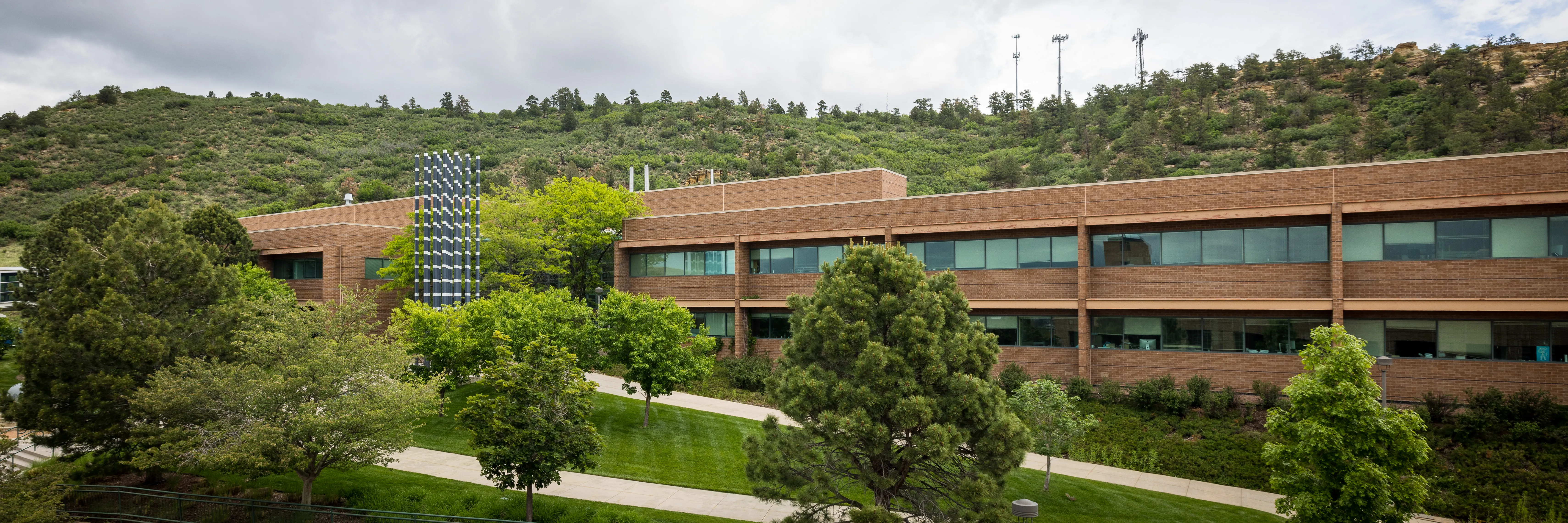
What We Do
What We Do
BioFrontiers-UCCS is a center for research on the UCCS campus. The initial focus uses the techniques of physics to work on biological problems. By bridging the fields of biology and physics, we will provide new ways of seeing and manipulating nature. This can lead to:
- New diagnostic tools
- New therapeutic treatments
- Significant improvements in human health and well-being
Current faculty members directly involved with the Center at UCCS are from the Physics and Biology departments. Our work continues to gain international attention. In the past few months, BioFrontiers faculty have given three invited talks in Europe.
- "Temperature Maps of the Body Using Magnetic Nanoparticles and MRI"- R.E. Camley, Glasgow University, June 2015
- "Plasmonic Nanostructures and Metamaterials for Optical and Microwave Applications"- A. Pinchuk, Karl-Franzens-Universitat Graz, Austria, March 2015
- "Plasmonic Nanostructures for Optical Applications"- A. Pinchuk, RWTH University, Aachen, Germany, March 2015
BioFrontiers faculty have also presented at international conferences including:
- "Aqueous nanoparticle colloids for sensing and bio-imaging applications synthesized using high energy ball milling technique" O. Zribi, Y.Garbovskiy, A. Glushchenko, NATO Advanced Research Workshop "Functional Nanomaterials and Devices for Electronics, Sensors, Energy Harvesting", Lviv, Ukraine, April 2015
- "Conversion of Laser Light Energy into Heat with Gold Nanoparticles" K. Jiang and A. Pinchuk, Fourth International Conference on Multifunctional, Hybrid and Nanomaterial, Sitges, Spain, March 2015
- "Functionalized Fluorescent Silver Nanoparticles Surfaces for Novel Sensing and Imaging Techniques" Kyle M. Culhane, Kathrin Spendier, and A. Pinchuk, SPIE Image Sensing Technologies: Materials, Devices, Systems and Applications II, Baltimore, Maryland, April 2015
Faculty members Anatoliy Pinchuk and Kathrin Spendier have received an NIH R01 sub-award for the period of 2015-2020. This award is part of a new collaboration with Dr. Aaron Neumann, University of New Mexico, on the project "Nano and Microscale Molecular Machines for Innate Immune Sensing of Candida".